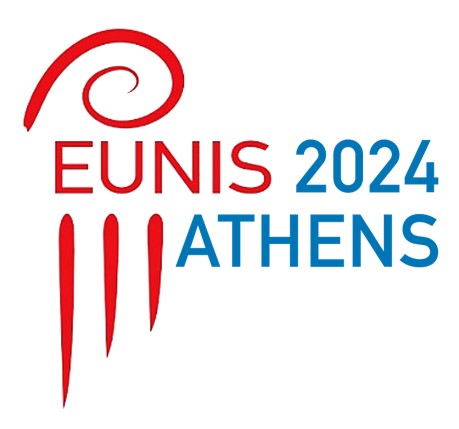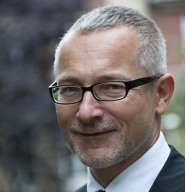This session consists of three presentations.
Featured Speakers
Emil Podwysocki, National Information Processing Institute, Warsaw, Poland:
Ludzie Nauki: Data aspects of the Polish national CRIS #71
This article considers the intricacies of data management in the context of the implementation of the Polish Ministry of Science and Higher Education’s latest initiative: the Ludzie Nauki platform. The article’s primary objective is to underscore the importance of high-quality data. Supported and funded by the Polish government, Ludzie Nauki is linked closely with the national current research information system (CRIS). A critical aspect of this initiative is the management of the metadata associated with scientific publications, which integrates data from diverse sources to enrich the publication dataset. Business needs necessitate that the platform serve as a reliable source of information on Polish scientists, supporting scientific careers, and fostering collaboration between science and industry. Ludzie Nauki aligns with European Union data management trends, as well as adhering to FAIR principles, open science initiatives, and the Data Governance Act. It also interfaces with various CRIS systems, promoting interoperability and standardisation. The article also discusses challenges and solutions in data governance, technical implementation, and the awarding of golden records for scientific achievements, which demonstrates Ludzie Nauki’s commitment to enhancing research’s visibility and impact with robust data management practices.
Download the presentation
Raimund Vogl, University of Münster, Germany:
An Update on the Münster University Cloud – technical architecture and user adoption #78
Having started with a now widely adopted but in scope narrowly focused sync & share cloud storage service (named sciebo.nrw) in 2015, M¨unster University expanded the scope of on-premises higher education and research cloud services to Infrastructure as a Service (IaaS) in 2016 with the plan for an open-source based platform for research data storage and processing using state-of-the-art cloud technology. After forming a multi-university consortium, developing a project plan, acquiring funding from the North Rhine-Westphalia (NRW) state ministry of science (MKW) and conducting the procurement, the Uni Cloud took off in 2019 and has since gained a very wide adoption amongst university researchers, with 5.5 Petabyte of user data stored. It is now a core element of the e-Science services of the university and the platform of choice for large scale research undertakings (especially
in collaborative research centers) and innovative IT services (like Gitlab, GitOps, UniGPT, JupyterHub, etc…).
Download the presentation
Hendrik Geßner, University of Potsdam, Germany:
Presentation Migrating a Federated Educational Infrastructure to the Cloud: Lessons Learned from a National Project #65
The migration of IT services to a cloud infrastructure is complex – depending on the existing service landscape – and requires special awareness. Recommendations and guidelines can help, but must be adapted to the respective context. This article focuses on an example that is research-related and is distributed across institutional boundaries: the prototype of a national networked infrastructure for education currently being developed in Germany. We determine the associated expectations of various stakeholder groups regarding a migration to the cloud, compare these with the current state of the literature and contrast them with our practical experiences gained during the migration.
This identifies gaps in existing recommendations that need to be addressed in the future.
Download the presentation



